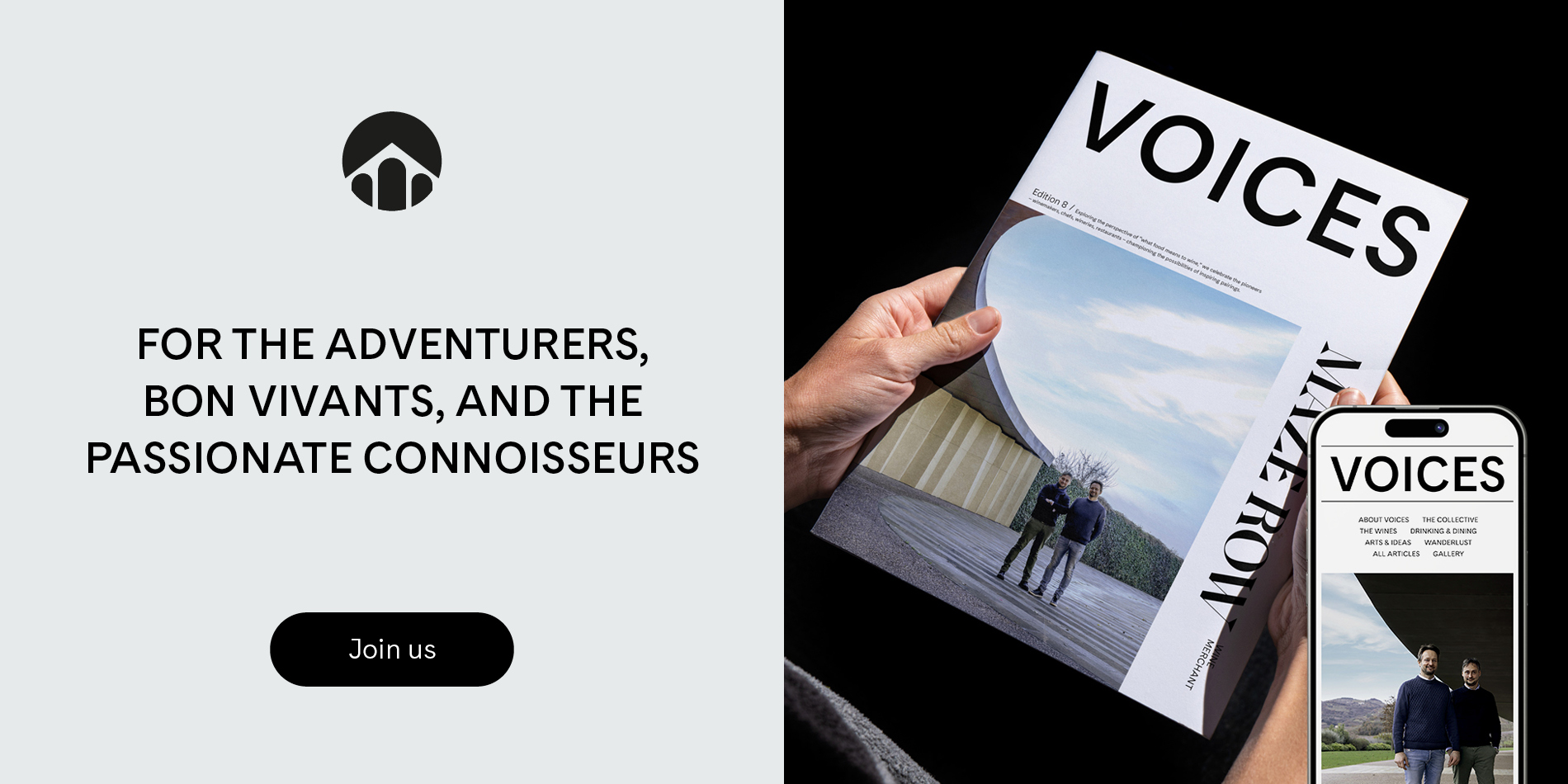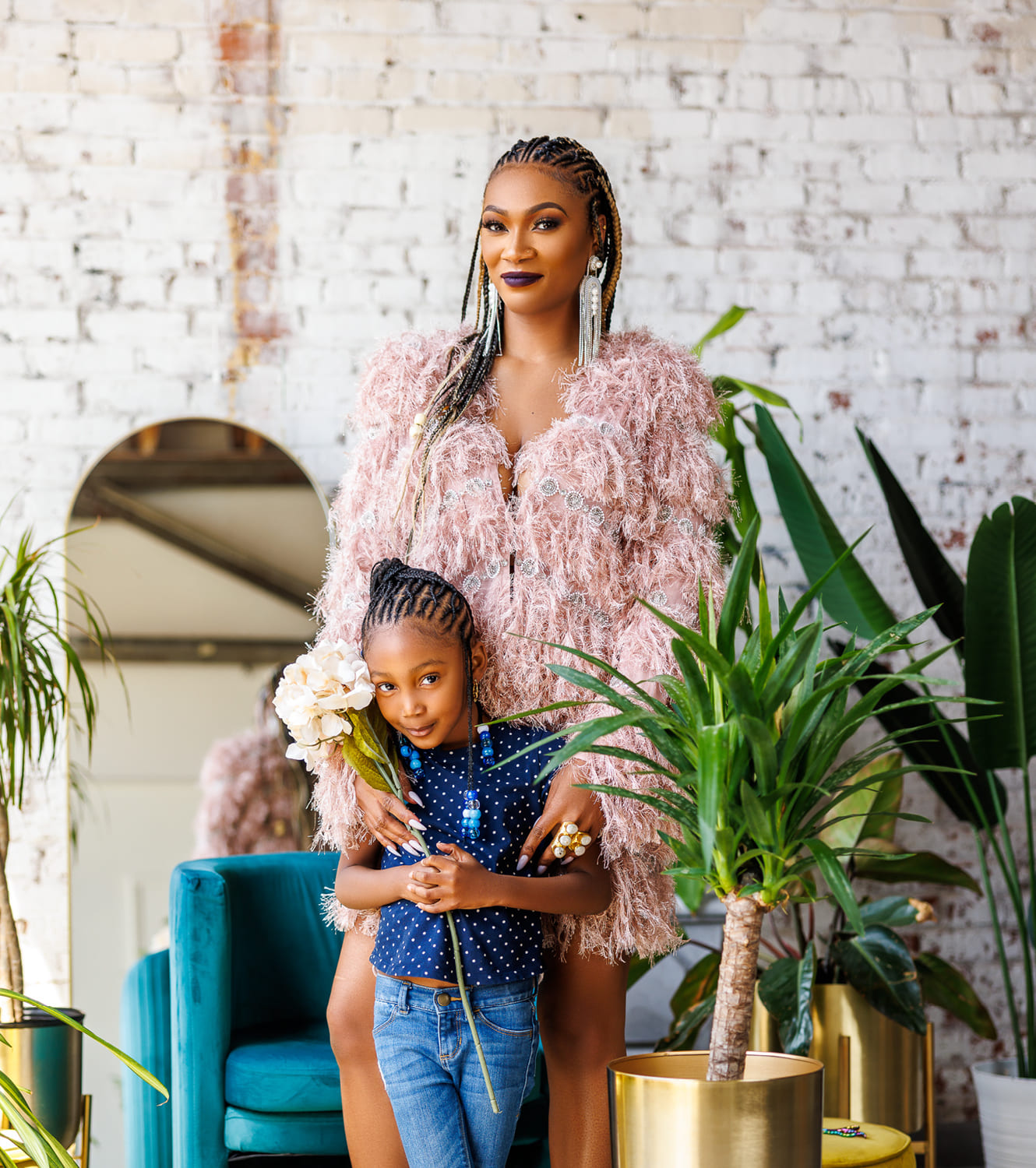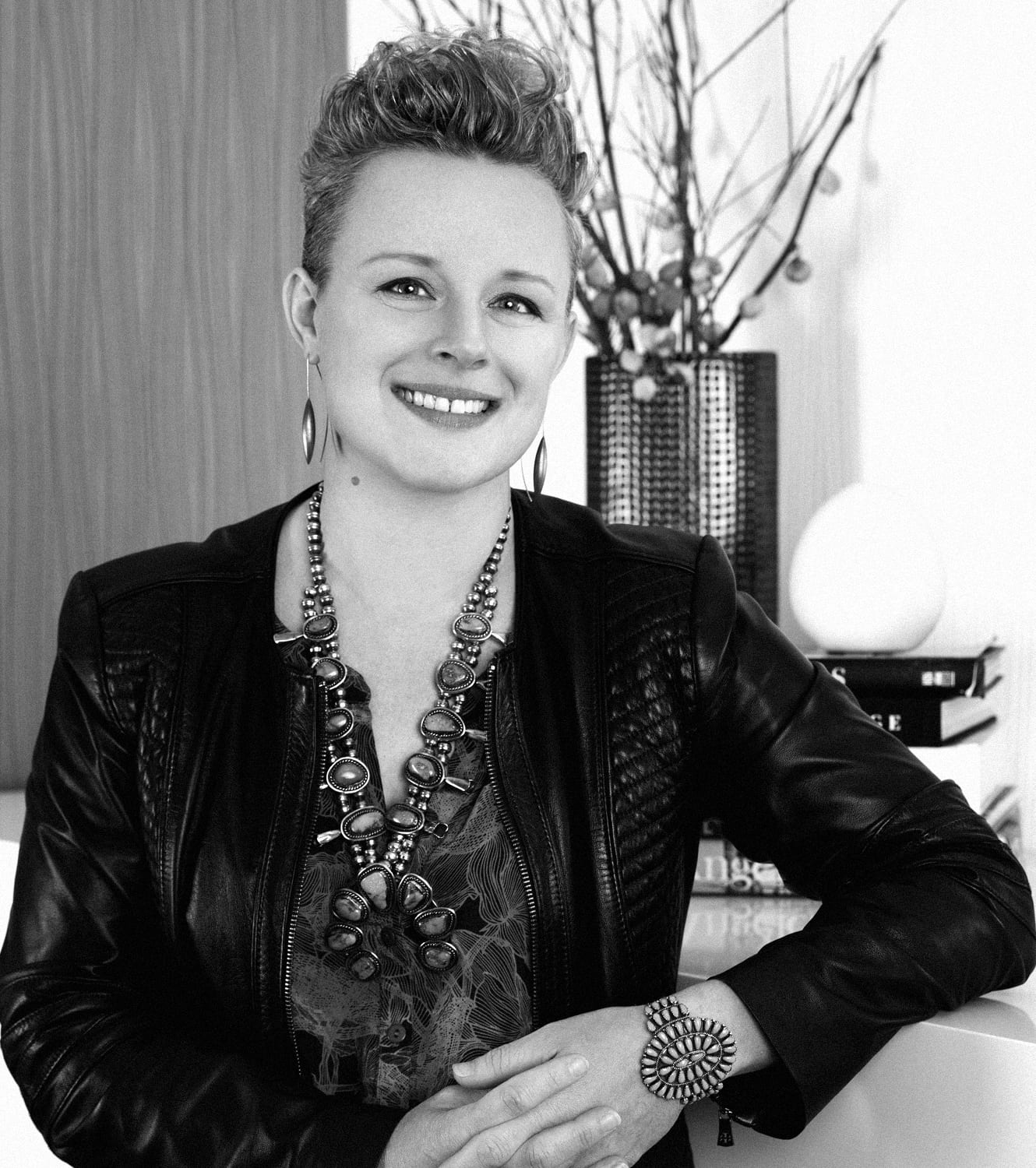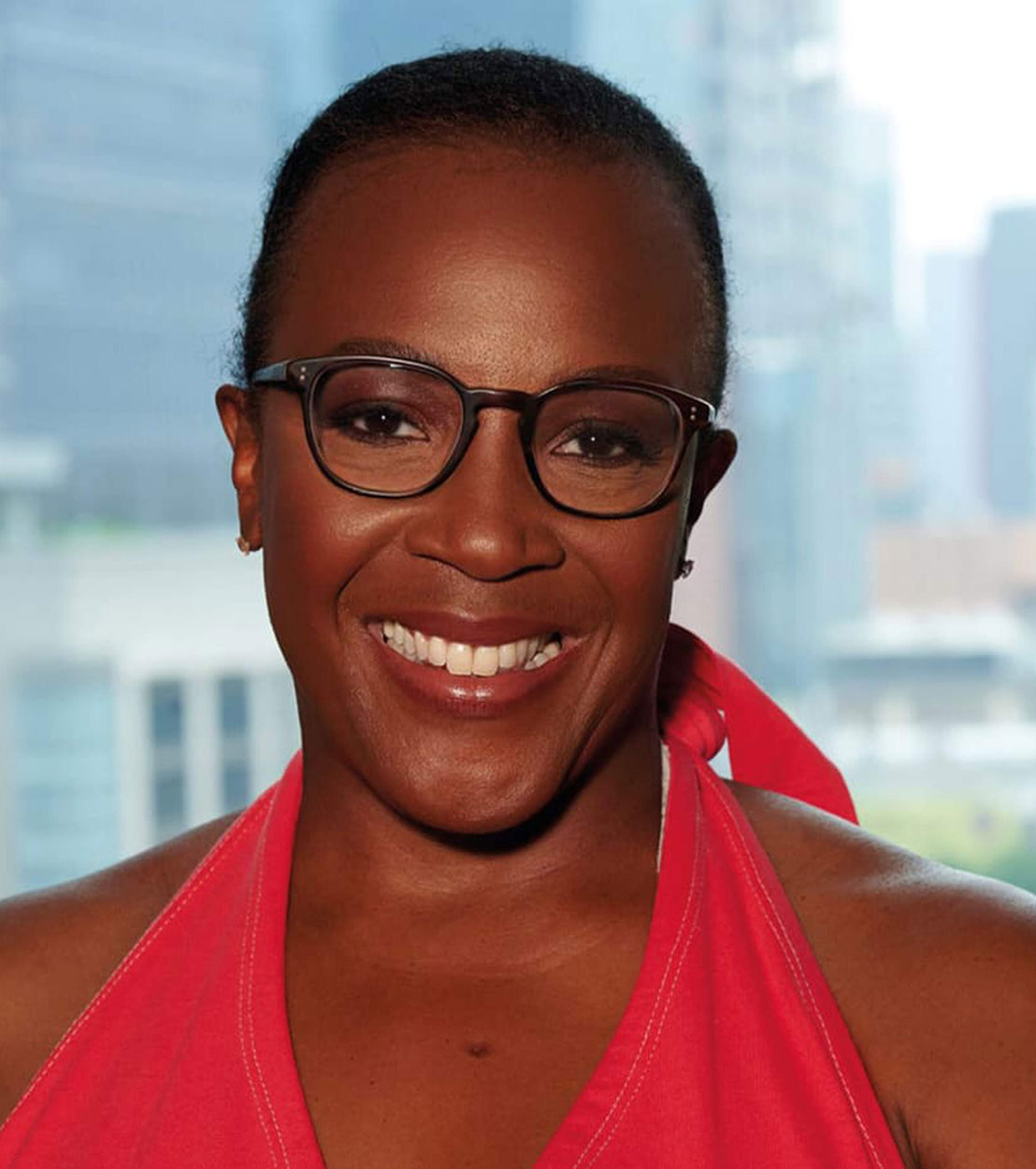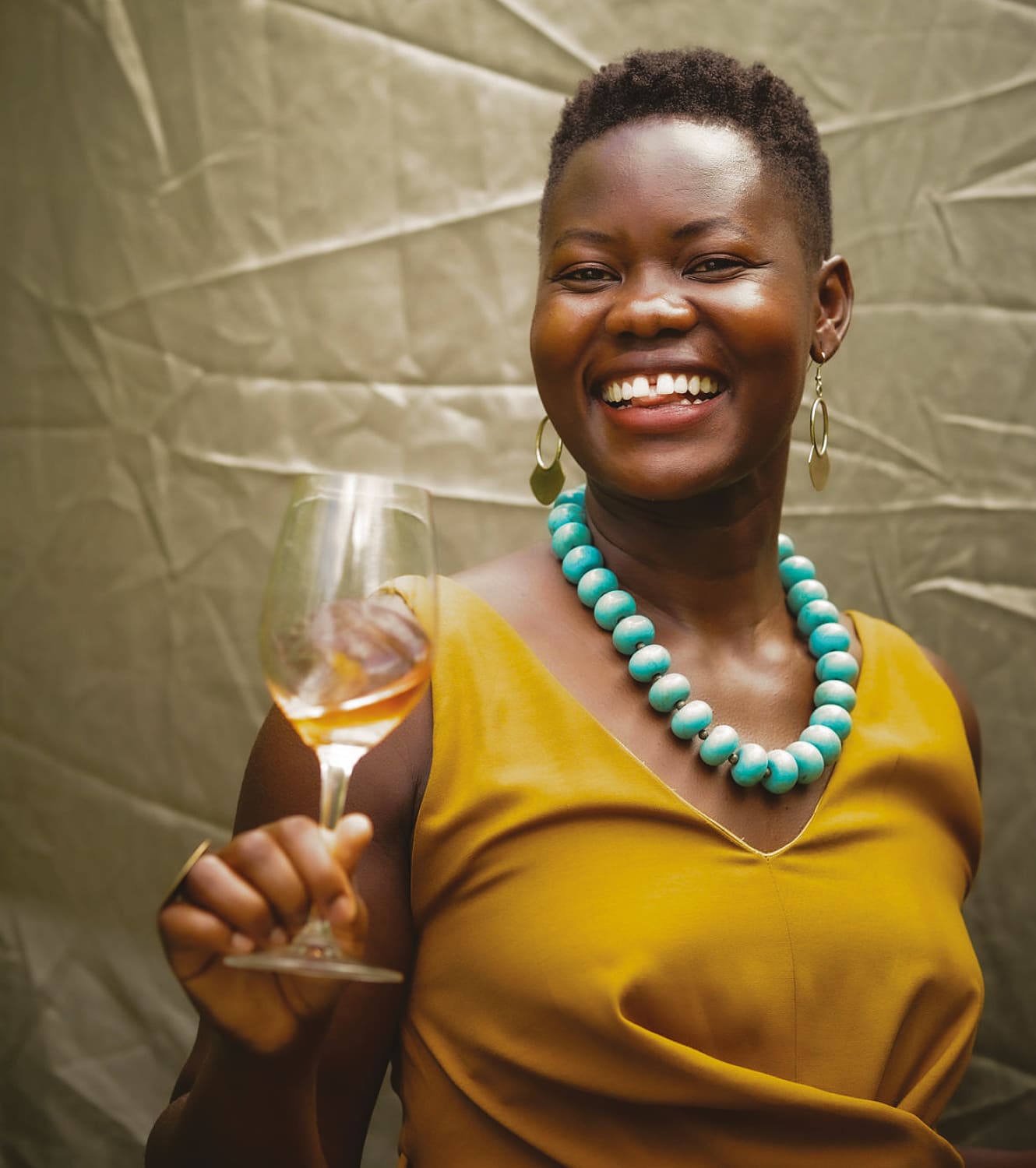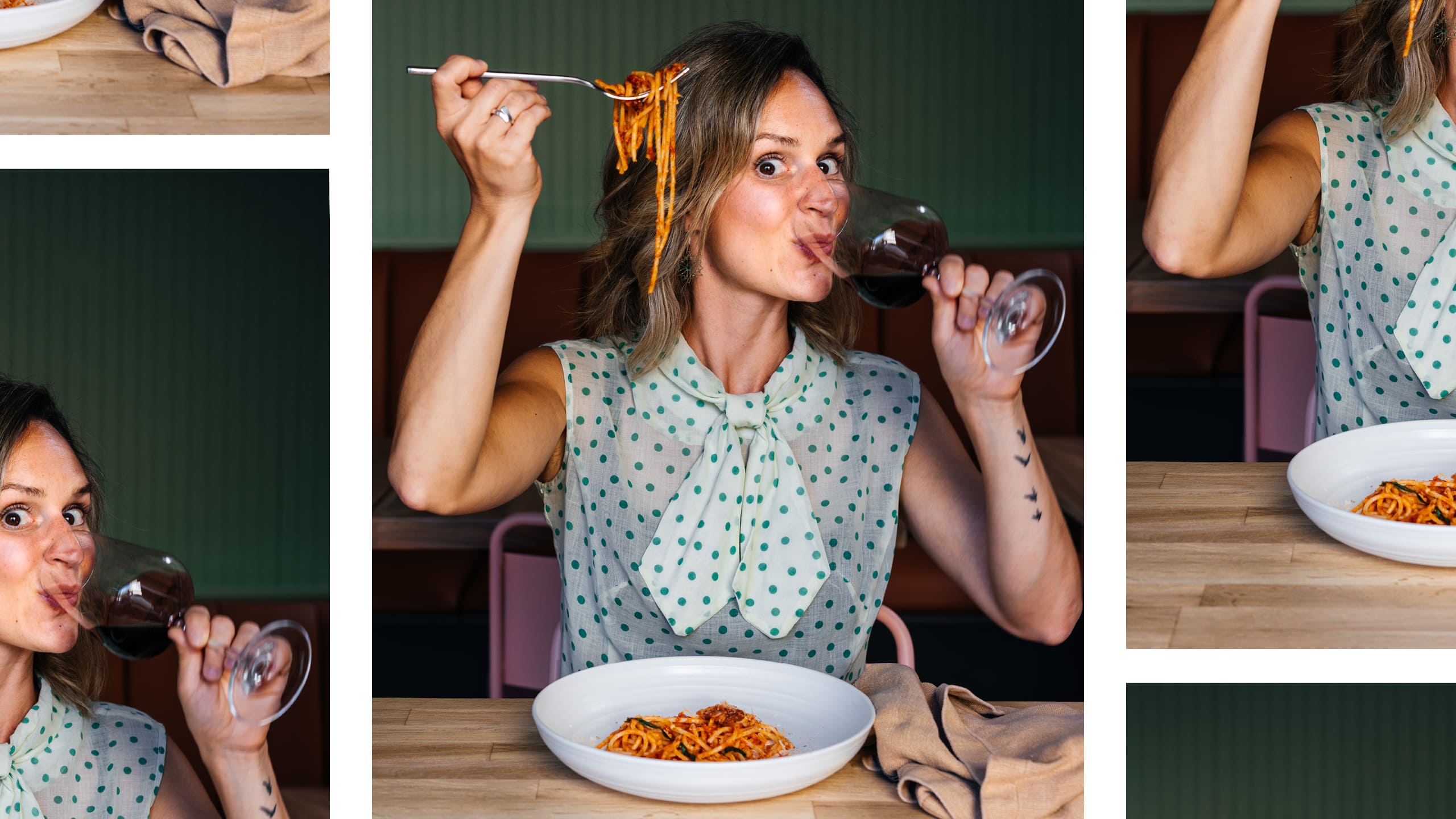
AGENTS OF CHANGE
Jordan Mackay speaks with Stevie Stacionis, co-founder of Bâtonnage, a multifaceted organization supporting women in wine
Equally a public event, forum, mentorship program, and support system, Bâtonnage was co-founded by wine shop owner Stevie Stacionis and wine writer and educator Sarah Bray, and has been a rousing success since its grassroots debut forum in Napa in 2018.
I’ve known Stacionis for over a decade. From our first encounter she made an impression, exuding a rare luminance, mighty intelligence, and easy charm – traits that have carried into her work in wine as a communications director, community manager, writer, and as co-owner (with her husband) of the excellent Oakland wine shop Bay Grape and restaurant Mama. I caught up with her to discuss the origins and success of Bâtonnage.
What was the inspiration behind Bâtonnage?
My general approach to figuring things out is having as many conversations with as many people as I can. I have always operated under the assumption that I can’t be the only one feeling this way. One of the huge tragedies of society today is that people don’t talk enough about what they’re going through, so we all live in this pretty powerful isolation and anxiety.
I spent a lot of 2017 having these conversations, saying: “I’m really in a rough place.” Not just personally with what we went through in our child’s first year and the wine shop, but everything in the world seemed awry. The more I initiated conversations the more others opened up about their challenges. It started to feel as if something big was dwelling under the surface, particularly in conversations I had with other women in the wine industry.
So how did that initial impulse then become a thriving event?
In December 2017, on a widely heard Guild of Sommeliers podcast (GuildSomm, the educational branch of the Court of Master Sommeliers, where she was community manager), I asked the question: “What do you hope will happen in 2018?” My hope was that something comes about like the Cherry Bombe Jubilee for women in food, where women in the wine industry can talk about the unique challenges and opportunities we face, and where all of this simmering discontent can be addressed while beginning to chart solutions. Suddenly, people started asking me, “When are you going to do that thing you talked about?” I didn’t say I would do it, I said someone should. They said that someone is you.
So, I asked a few friends if we all got together, at the shop or in somebody’s backyard, and just hung out and drank some wine and talked about our common issues, would they want to come? Everyone said yes, and asked if they could bring along some friends. Thank goodness the brilliant Sarah Bray came on, since she has organizational skills and vision for partnerships and event production which I don’t.
Were those initial expectations met?
What I thought was going to be 30 or 40 of us sitting on the ground in (winemaker) Sam Sheehan’s backyard turned out to be over 300 people. That was May 2018, just six months after I ran my mouth on the podcast. This year’s event was hosted at the Artesa winery with a much more professional vibe – a one-day forum with a panel discussion, breakout sessions, and a walk-around tasting of women winemakers.
For the uninitiated, what does Bâtonnage mean?
In winemaking, Bâtonnage is the technique of stirring up dead yeast cells that have settled as fine sediment at the bottom of a vessel of maturing wine. By reincorporating all this old dead matter through stirring it up, you are imparting freshness and texture and complexity, and it ultimately acts as a natural preservative.
So, the analogy of what we’re doing with this conversation about all we have had to deal with as women in wine is agitating the culture and the conversation to impart freshness and texture and complexity and perhaps serve as a preservative for our industry. I can’t remember which member of my Bay Grape team came up with it, but I thought it was brilliant.
Specifically, what issues do you try to address with Bâtonnage?
We ask our community what real-life issues they’re facing, and what recent challenges they did not feel equipped to handle, or tried to handle and didn’t get the desired result. This year our main panel focused on mentorship and what it truly means to be a mentor. Other topics we addressed were negotiation, boundaries, communication, child-care and caretaking, recognition, competition, and gender expectations.
In breakout sessions we hear from everyone on a smaller level, learn about approaches and techniques. For example, the topic of competition during the breakout sessions looked at tactics for overcoming zero-sum attitudes and the idea that women must compete with one another to win a limited number of seats at the table. We asked how women can communicate more practically and confidently to make themselves heard and get results without worrying about their perceptions or exceptions.
What excites you most about these sessions?
What I love is the grassroots spirit, rolling up our sleeves and getting to work. That’s the spirit of Batonnâge, it’s collaborative. It’s not about speechifying or venting; we start doing the work then and there.
I’m compelled by the focus on mentorship, a fundamental dynamic that seems in such short supply these days.
I have this phrase that helps me understand why things are hard in the world: “No one taught me that yet.” It’s an alert and admission that of course we make errors or lack efficiency or whatever because no one showed us any other way. If we can model differently, we are bringing up a whole new generation with much more positivity. You can’t just put women into leadership roles and say: okay, go do it. Having conversations is the first step, but actually developing future leaders is crucial.
The response to Batonnâge justifies all the work. Do you think it’s making an impact?
Of course, I hear from other women, but I’ve also seen myself over the last seven years make noticeable changes in the ways I deal with all kinds of things, from the way I see our vendors and onboard team members to handling various situations, and it feels really good.
“If we can model differently, we are bringing up a whole new generation with much more positivity”
Stevie Stacionis, co-founder of Bâtonnage
Photography @emmakcreative Save
We recommend
STILL SHE RISES
Sommelier Tahiirah Habibi worked her way up to top jobs in hotspots such as Michael’s Genuine, while simultaneously raising her daughter. Here, she tells us how joining forces together is the only way to break the glass ceiling and bring about lasting change
MAKING WAVES
Through her wine program at Cooper’s Hawk, and as chair of the board of the Court of Master Sommeliers, Americas, Emily Wines is making it her mission to bring diversity, inclusivity and excitement to the world of wine
NEW PERSPECTIVES
Alicia Towns Franken, executive director of nonprofit organization Wine Unify, talks to Kyla Marshell about race and diversity (or lack of) in the wine business
THE LINGUIST
Alice Achayo is on a quest to diversify the language of wine through food – specifically world cuisine. We met the Boston-based wine consultant and founder of The Wine Linguist
